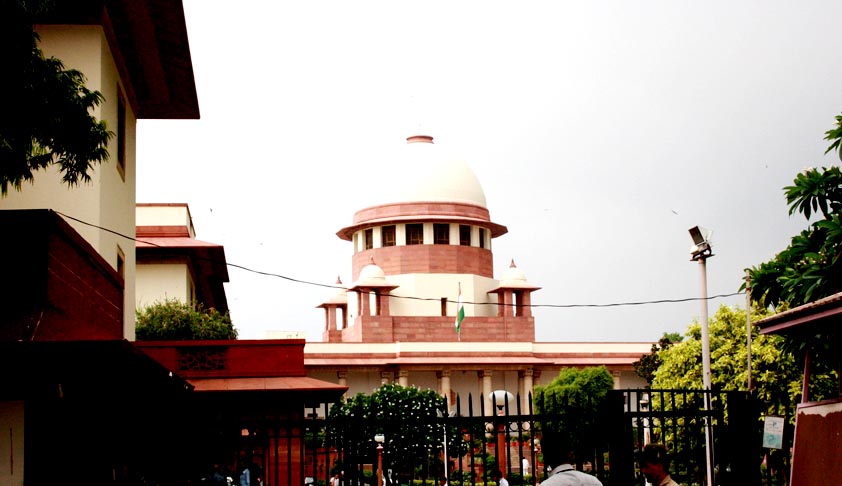Decision on fresh interpretation of term 'juvenile' reserved by Supreme Court
LIVELAW NEWS NETWORK
30 Jan 2014 4:10 PM IST

Next Story
30 Jan 2014 4:10 PM IST
The Supreme Court has reserved its verdict on the two petitions filed by BJP leader Subramanian Swamy and parents of the victim of the December 16 gangrape, challenging the constitutional validity of the Juvenile Justice (Care and Protection of Children) Act 2000, which sought fresh interpretation of the term 'juvenile' in the statute and leaving it to the criminal court, instead of...
